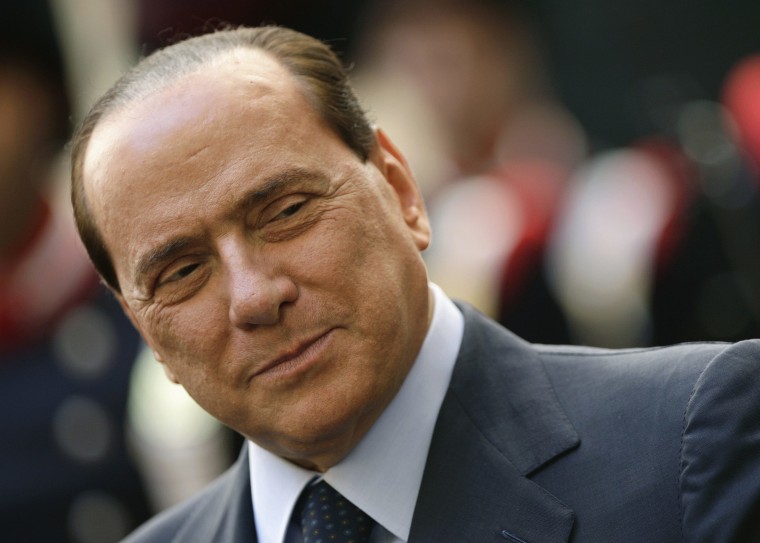During the European debt crisis, when the Italian debt hit 120% of the GDP, it became widely known that then-Prime Minister Silvio Berlusconi was busy partying and holding orgies. The international financial establishment could no longer trust his management, and he was pushed out of office. His sexual behavior was the final blow to his discredited leadership.
Today, all signs indicate that Berlusconi will once again run for office. Why would a man who failed his country economically, politically, and above all morally believe that he could still play a role in the next government?
When Berlusconi first ran for office, he was seen as a successful businessman who could generate the conditions for a more prosperous economy. He considered himself a champion of success and money. He created a party of yes-men that idolized him, and whoever criticized him was attacked by his media conglomerate.
With his fame, money, and power, Berlusconi bought his own reality, believing that the country should serve him, and not him the country. He dominated Italian politics for 17 years, working primarily to grow his economic advantage and protect his legal interests. He made laws to shield himself from prosecution, and even though he was convicted in his latest corruption case, he will not spend a single day in jail.
What Berlusconi embodies is the idea that when you are rich and powerful, you make your own rules, and act as though you are above the law and public morality. His ex-wife Veronica Lario wrote a public letter in 2009 saying that Berlusconi was “a sick man,” insinuating that his sexual weaknesses had reached a point where he is out of control and unfit to govern.
Soon after, stories emerged about Berlusconi paying many prostitutes, some of them underage, and bringing them to the Prime Minister’s Palace. While his parliament demanded austerity measures from the middle class, he flew prostitutes on the presidential airplane to his private residence in Sardinia for weekends. He became so out of touch with reality that in his last government he appointed two of his mistresses as government ministers.
The common denominator between Berlusconi, Dominique Strauss-Kahn, and to a lesser extent, Nicolas Sarkozy is that they all have behaved as if they were above public morality. Promoting a sexist and misogynist attitude towards women, they have created a culture that sees women as merely sexual objects. Those very men were supposed to promote bills advancing gender equality. But how can they work to further women’s rights and equality when the only thing theysee in a female is her sexuality?
Politicians in Europe have created a system where sexually perverse behaviors have become normalized. They promote this conduct as acceptable, and propagate this message to the European youth.
The United States has set high standards for public officials. Whenever a politician’s moral integrity is questioned, it is often the end of his career. Europeans must follow that path and adopt ahigher standard that reflects a stronger public morality.
